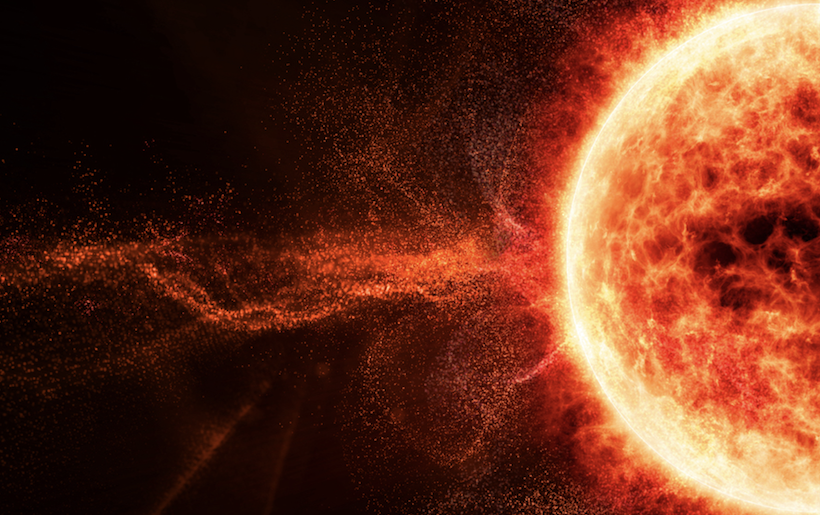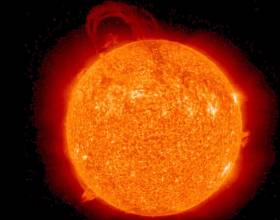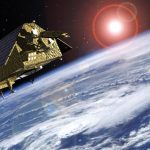Interference, both intentional and unintentional, is a major concern for those who rely on PNT. Space weather is among the natural threats that can result in GNSS errors and disruptions, and should be top of mind with Solar Cycle 25 on its way, shaping up to be the most active cycle in 20 years. It will disrupt GNSS operations—we just have to be ready for it.
Join us on Thursday, June 29, for Inside GNSS’ upcoming webinar, Space Weather’s Impact on GNSS.
Adrian Stimpson and Paul Alves, from Hexagon’s Autonomy & Positioning division, will discuss GNSS errors and corrections, the ionosphere and what impacts its behavior, what that means for GNSS positioning in safety-critical applications like autonomous vehicle navigation, and how Hexagon is mitigating disruptions. The ionospheric error is one of the most volatile GNSS errors; Hexagon observes and models these errors from a global network of ground stations and sends corrections to the receivers.
Also presenting is subject matter expert Dr. Jade Morton, of the University of Colorado, Boulder, who will cover how space weather impacts society, detailing the three different types of space weather and providing examples of how it’s caused significant GPS outages over the years. She’ll also highlight space weather/ionospheric effects on GNSS, why GNSS/GPS receivers are sensitive to space weather and the different types of space weather impact forecasting.
The panelists:
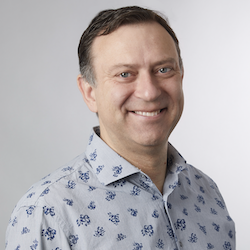
Adrian Stimpson, Business Development Manager, Hexagon’s Autonomy & Positioning division
Adrian has been working in the satellite and positioning industry for 35 years. At Hexagon he works with industry partners and customers to develop future uses for high accuracy positioning such as on smartphones and for autonomous vehicles. He is also an active Amateur Radio operator where he monitors and uses the ionosphere daily for worldwide HF communications.
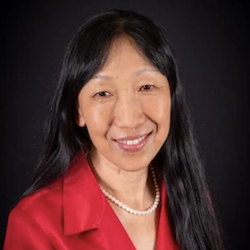
Jade Morton, Professor of Aerospace Engineering Sciences, University of Colorado Boulder
Dr. Jade Morton is Helen and Hubert Croft Professor and Director for Colorado Center for Astrodynamics Research in the Ann and H. J. Smead Aerospace Engineering Sciences Department at University of Colorado Boulder, and a visiting research scientist at Google. Her research interests lie at the intersection of satellite navigation technologies and remote sensing of the Earth’s ionosphere, atmosphere, and surface. Dr. Morton received her PhD in electrical engineering from Penn State. She is a fellow of IEEE, ION, and UK’s Royal Institute of Navigation.
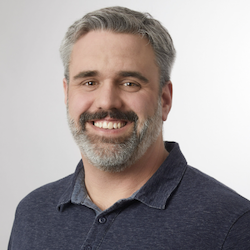
Paul Alves, Director of Positioning Services, Algorithms, Hexagon’s Autonomy & Positioning division
Dr. Paul Alves received a Ph.D. from the Department of Geomatics Engineering at the University of Calgary. Since then he has focused on RTK, Network RTK, and PPP positioning algorithms in development, research and management roles. He is currently the Director of Positioning Services, Algorithms at Hexagon.
Unable to attend the live webinar on June 29? REGISTER TODAY and you will receive an invitation to view on-demand at your convenience.

